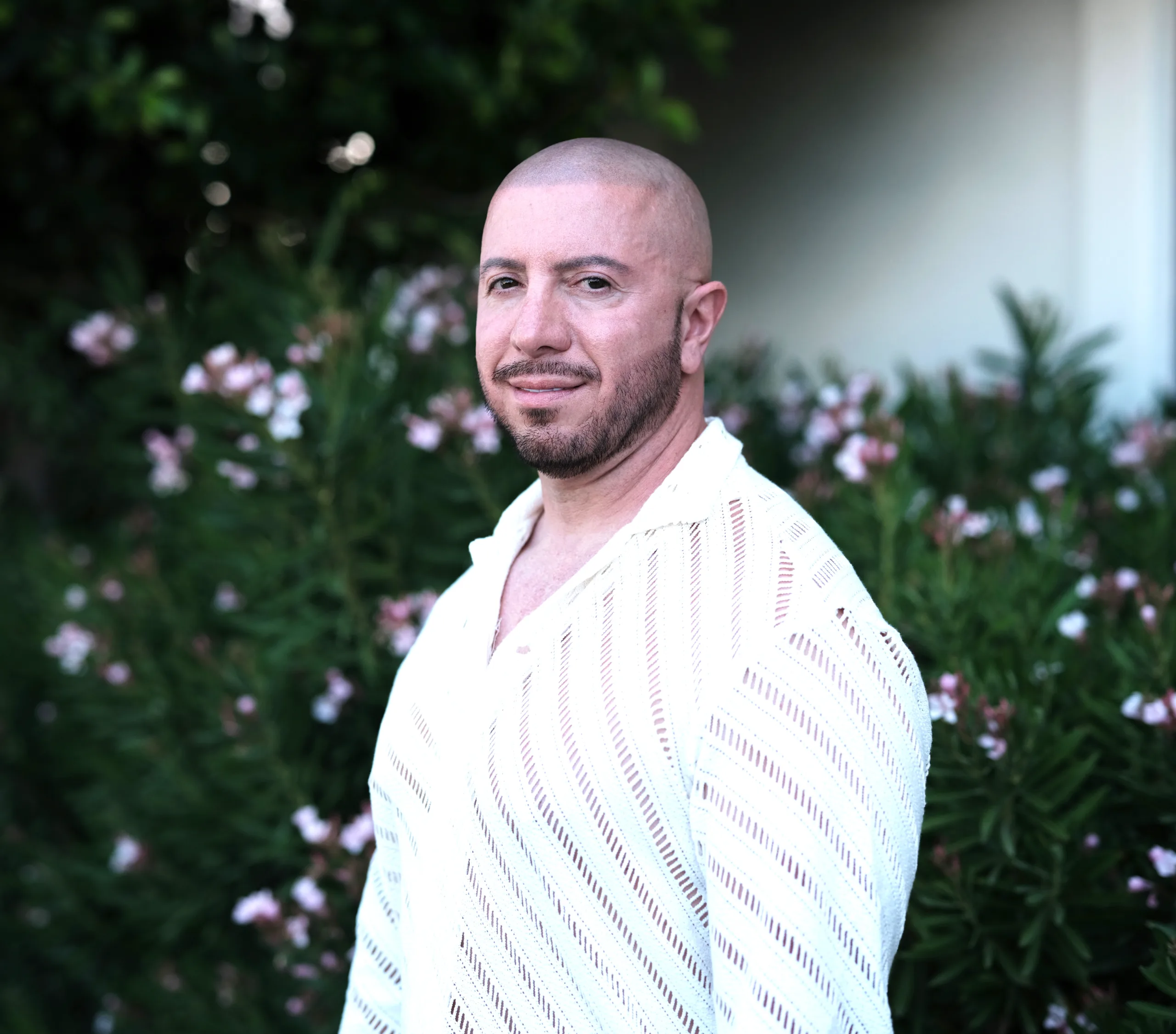
Johnny Hincapie (Image: Kenny Karpov/Innocence Project)
Inspired by Calvin Duncan’s new memoir, members of our Exoneree Advisory Council share the books, music, and stories that have helped them heal, reflect, and grow.
08.07.25 By Alyxaundria Sanford
Calvin Duncan wrote his memoir, The Jailhouse Lawyer, to tell the story that nearly three decades of wrongful incarceration tried to silence. At 19, Mr. Duncan was convicted of a crime he didn’t commit and sent to Angola Prison in Louisiana, one of the most notorious prisons in the U.S. With no legal training, he began filing appeals — first for himself, then for hundreds of others — becoming a powerful legal advocate from inside prison walls.
The Innocence Project of New Orleans took on Mr. Duncan’s case in 2003 after uncovering withheld evidence that proved his innocence. After more than 28 years in prison, he was released in 2011 through a plea deal, though he maintained his innocence. On August 3, 2021, his plea was vacated, and he was fully cleared of the murder he did not commit.
Two years later, he earned a J.D. from Lewis and Clark Law School and now leads The Light of Justice Program, which assists incarcerated people gain access to the courts.
Published this July, The Jailhouse Lawyer chronicles Mr. Duncan’s extraordinary transformation from imprisoned teenager to a self-taught legal force whose impact ripples far beyond the prison gates. The book has already earned high praise including from bestselling author and Innocence Project Ambassador John Grisham: “If I created a fictional character like Calvin Duncan, no one would believe him and the story wouldn’t work,” said Mr. Grisham. “[Mr.] Duncan’s story is so incredible it strains belief.”
It’s a memoir of persistence, justice, and the will to bring others along with you.
That same spirit resonates deeply with our Exoneree Advisory Council (EAC) members. Established in 2016, the EAC was created to elevate the voices and experiences of those who’ve been wrongfully convicted and to ensure that their insights guide every part of the Innocence Project’s work. From advising on policy and strategy to shaping public education and advocacy, EAC members bring lived experience to the center of our fight for justice.
This summer, we asked our EAC members to share the books, music, and streaming favorites that are shaping their own journeys. These recommendations offer insight into the resilience and spirit that define their lives.

Johnny Hincapie (Image: Kenny Karpov/Innocence Project)
Johnny Hincapie was exonerated in 2015 after serving 25 years for a crime he didn’t commit. While incarcerated, he earned two degrees and dedicated himself to education, theater, and today advocates for criminal justice and social reform.
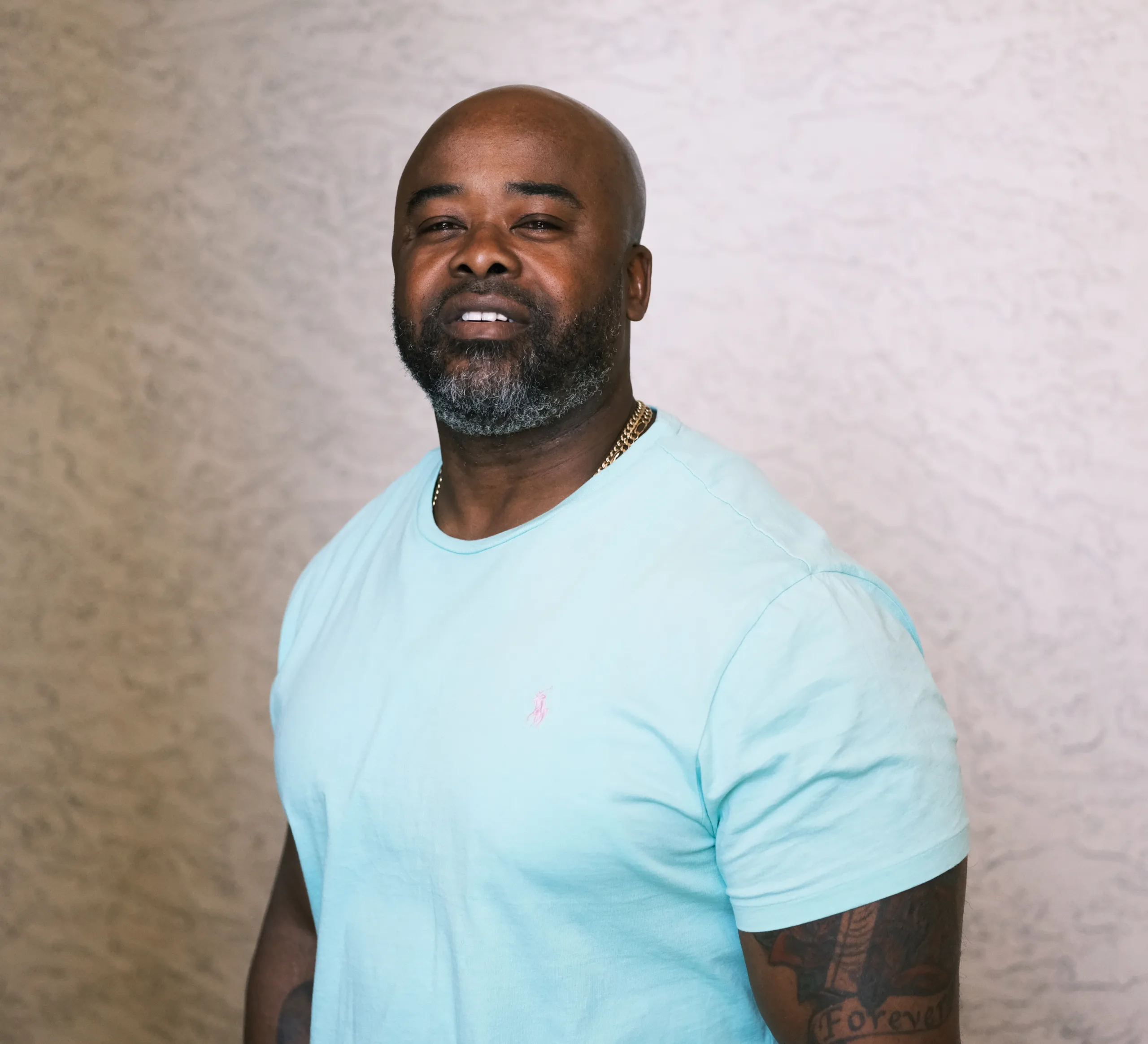
Stefon Morant (Image: Kenny Karpov/Innocence Project)
Stefon Morant was exonerated in 2021 after serving over 21 years for a wrongful conviction in New Haven, Connecticut. Since his release, he’s dedicated his life to mentoring exonerees, supporting reentry, and serving the very city that once failed him.
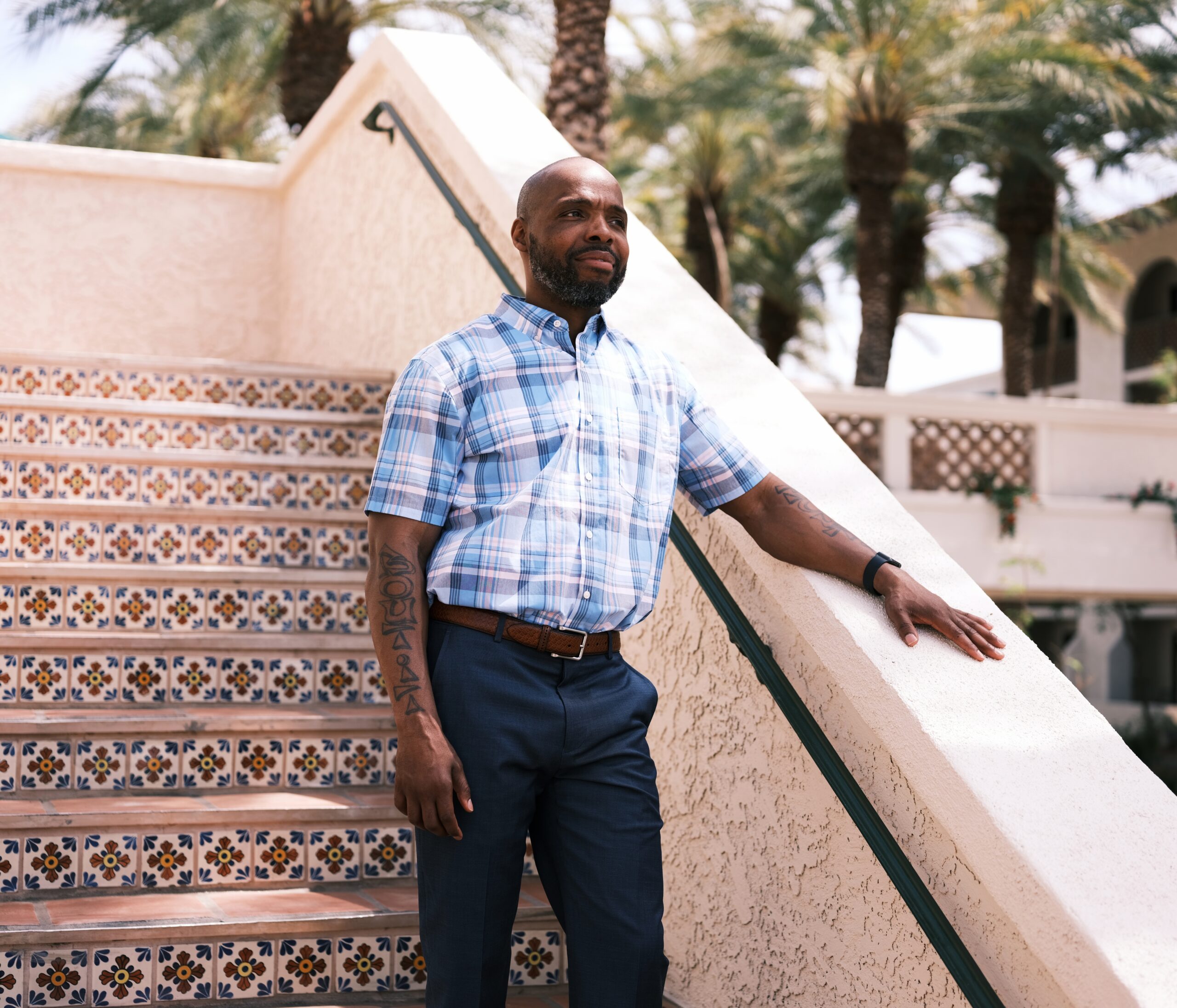
Termaine Hicks at the 2022 Innocence Network Conference (Photo Credit: Kenny Karpov/Innocence Project)
Termaine Hicks was exonerated in 2020 after serving 19 years for a wrongful conviction rooted in police misconduct. Since his release, he’s focused on healing, advocacy, and mentoring youth through his nonprofit, StepUp4Youth — an organization that aims to empower children and young adults to use their voices to prevent bullying and gun violence.
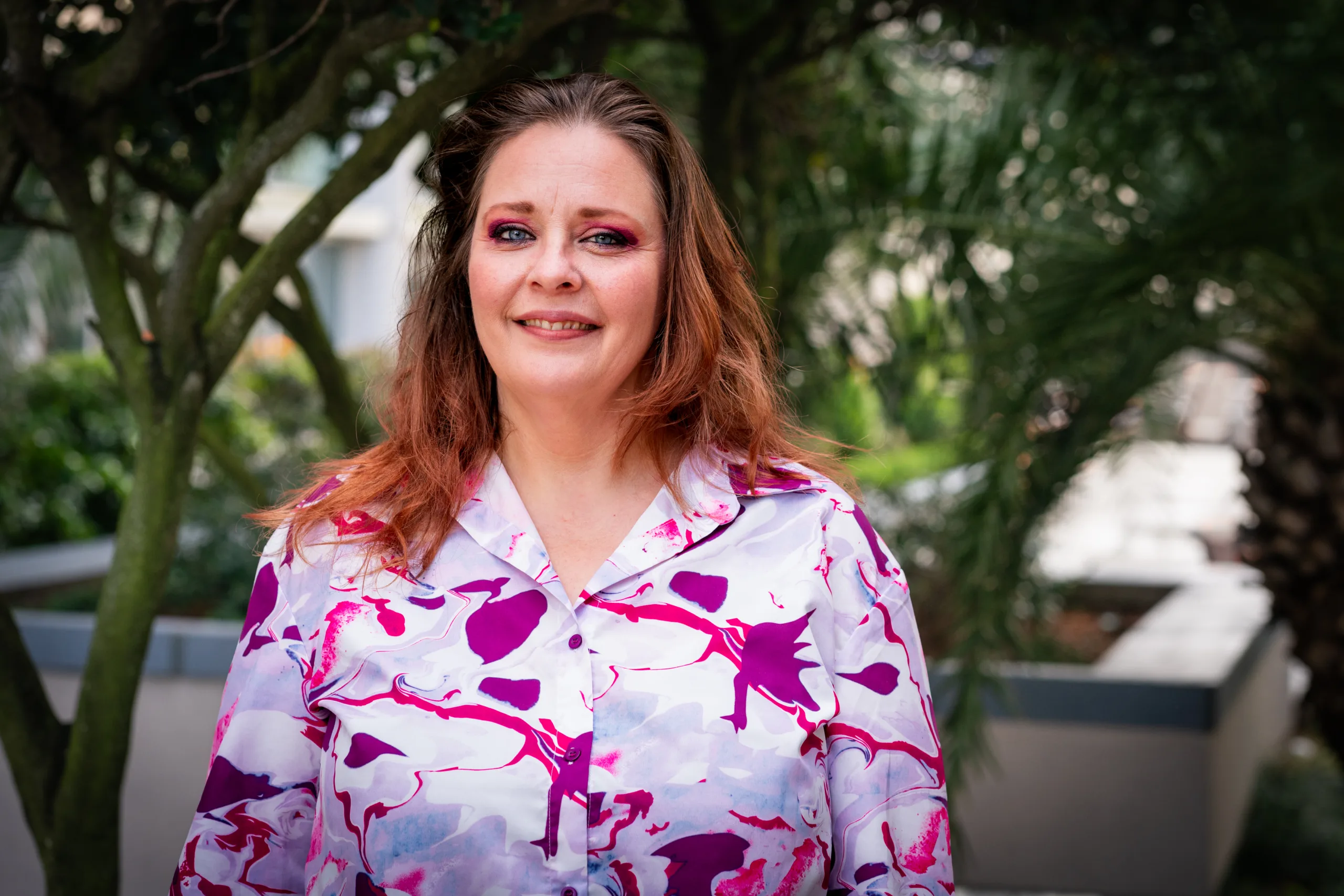
Michelle Murphy at the 2024 Innocence Network Conference in New Orleans (Image: Claire Bangser/ Innocence Project)
Michelle Murphy was exonerated in 2014 after serving over 20 years for a wrongful conviction based on a false confession and withheld evidence. Ms. Murphy is a passionate advocate for trauma recovery and human dignity and has been a member of the Exoneree Advisory Council since 2019.
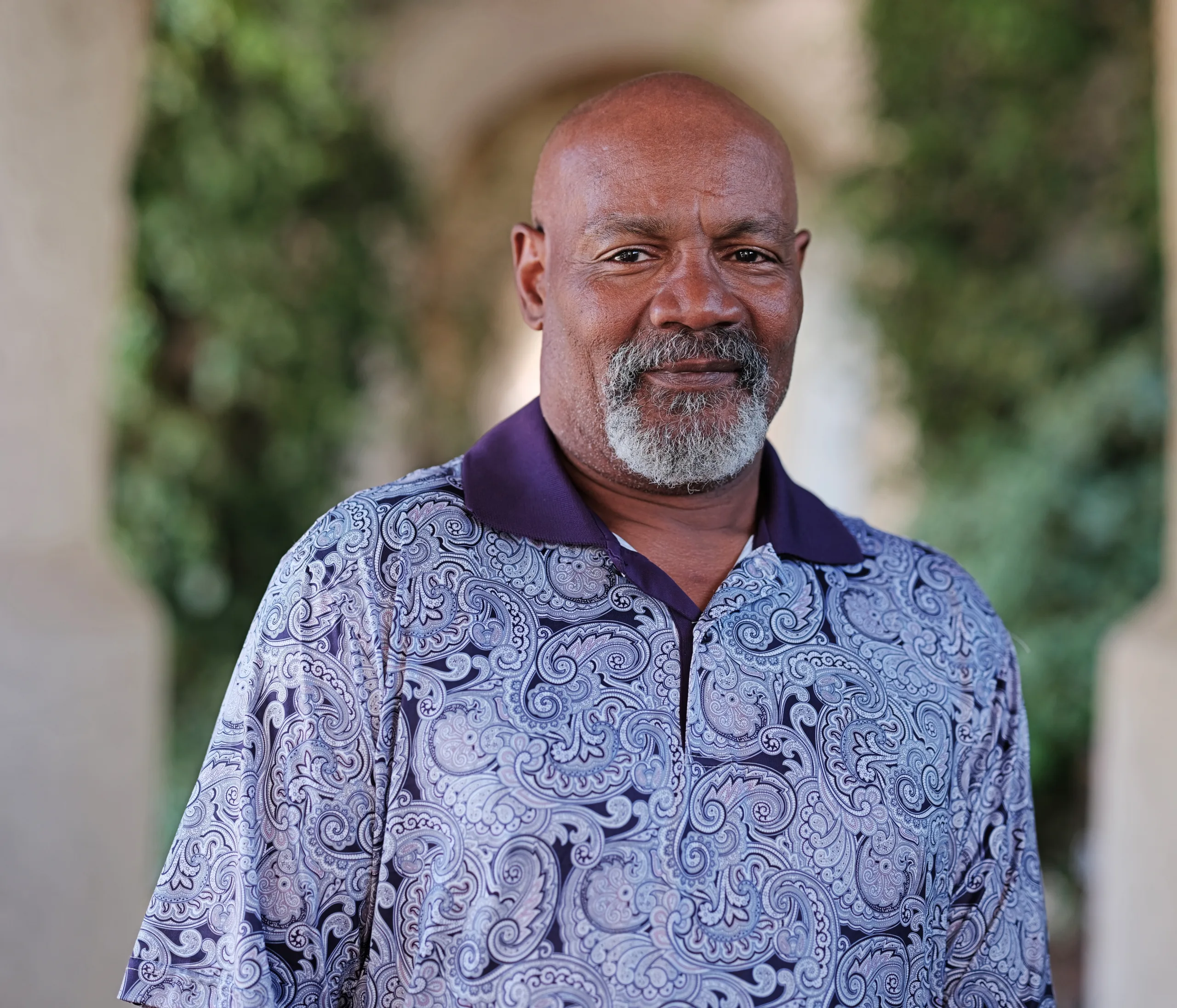
Marvin Anderson at the 2023 Innocence Network Conference in Phoenix, AZ. (Kenny (Karpov) Corbin/Innocence Project)
Marvin Anderson was only 18 years old when he was convicted of a crime he didn’t commit. In August 2002, became the 99th person in the United States to be exonerated due to post-conviction DNA testing. Mr. Anderson now lives in Virginia, where he is the retired district chief of the Hanover Courthouse Volunteer Fire Company and is currently the Career Technology Education Vocational Maintenance in Henrico County Public Schools.
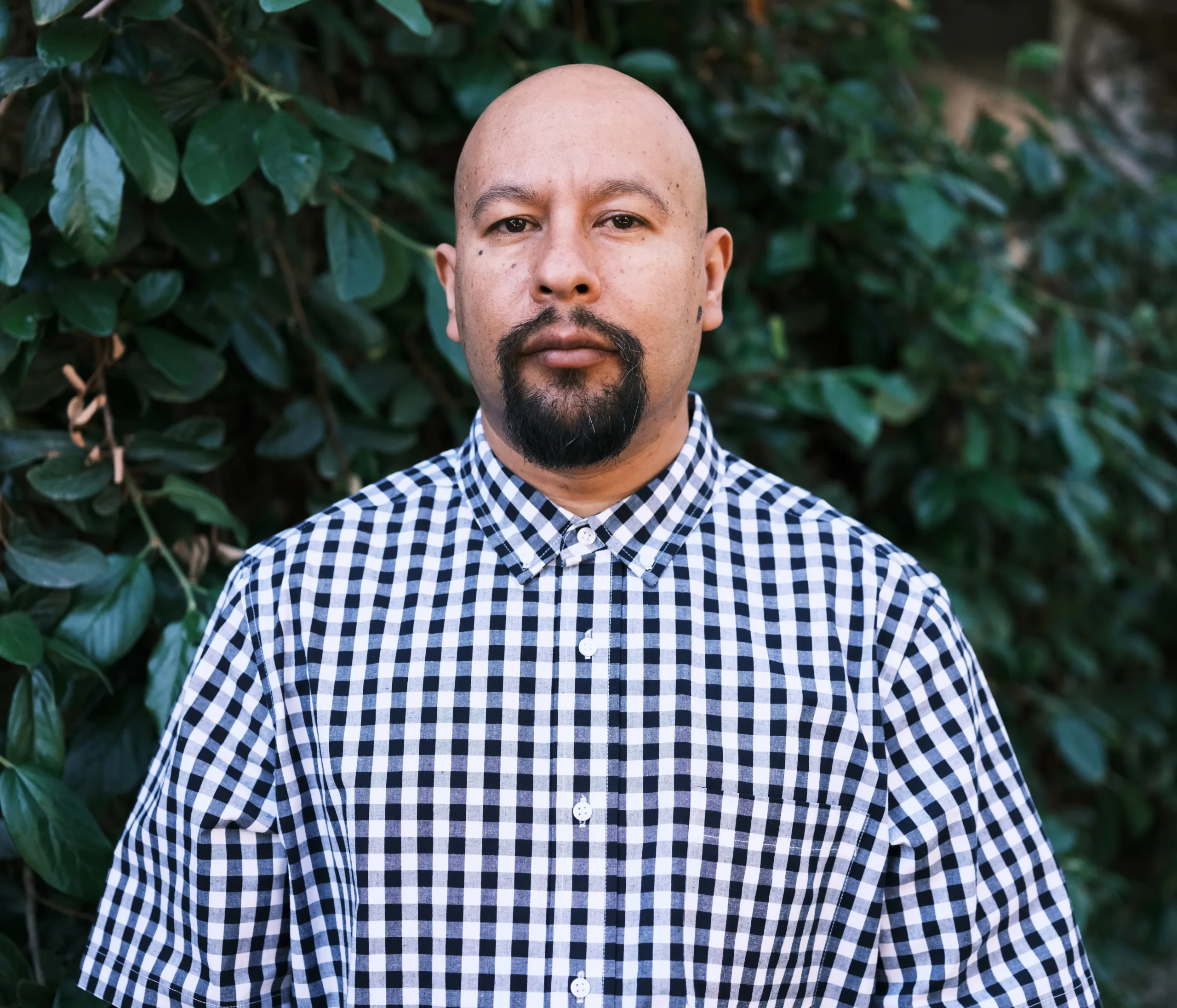
Angel Gonzalez (Kenny Karpov/Innocence Project)
Angel Gonzalez was exonerated in 2015 after serving over 20 years in prison for a rape he did not commit. In 1994, Mr. Gonzalez was misidentified by a victim and misled by police into signing a false confession. Although he maintained my innocence from the beginning, it wasn’t until DNA testing in 2013 that I was finally cleared.
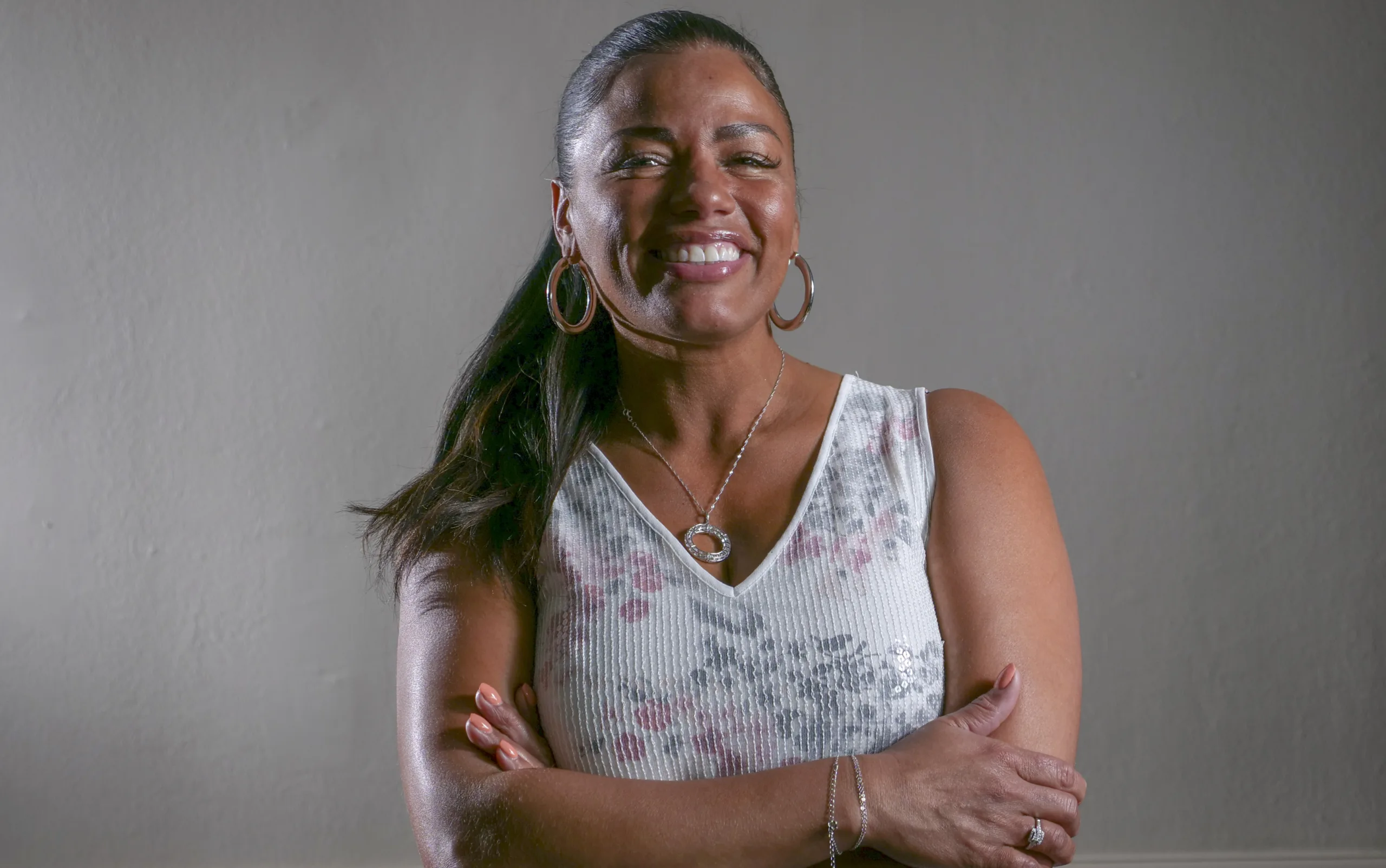
Tyra Patterson (Image: Lacy Atkins/Innocence Project)
Tyra Patterson was exonerated in 2017 after serving 23 years for crimes she did not commit. While incarcerated, she discovered her artistry as a means of survival and expression. Today, she is a nationally recognized artist and activist based in Cincinnati, leading community outreach at the Ohio Justice & Policy Center and speaking across the country about mass incarceration and social justice.
From love and faith to muscle cars and music, these picks from the Exoneree Advisory Council show us that healing isn’t one-size-fits-all — it’s personal, powerful, and deeply rooted in the things that help us feel seen. Whether it’s a memoir that mirrors your struggle or a song that gets you through the darkest moments, stories can be lifelines.
What are the books, songs, or shows that keep you grounded, inspired, or moving forward?
Let us know in the comments below — we’d love to hear what’s resonating with you this summer.
Thank you for visiting us. You can learn more about how we consider cases here. Please avoid sharing any personal information in the comments below and join us in making this a hate-speech free and safe space for everyone.
August 14, 2025 at 3:36 pm
August 8, 2025 at 4:33 pm
Thank you for these lists. Some I have come across years ago, some new. I’m looking forward to the inspiration.
Me. As a writer. Writing helps bring your struggles and pain to power of strength. Been able to help and guide others through their pain. Being spiritually gifted helps to stay grounded and balance.